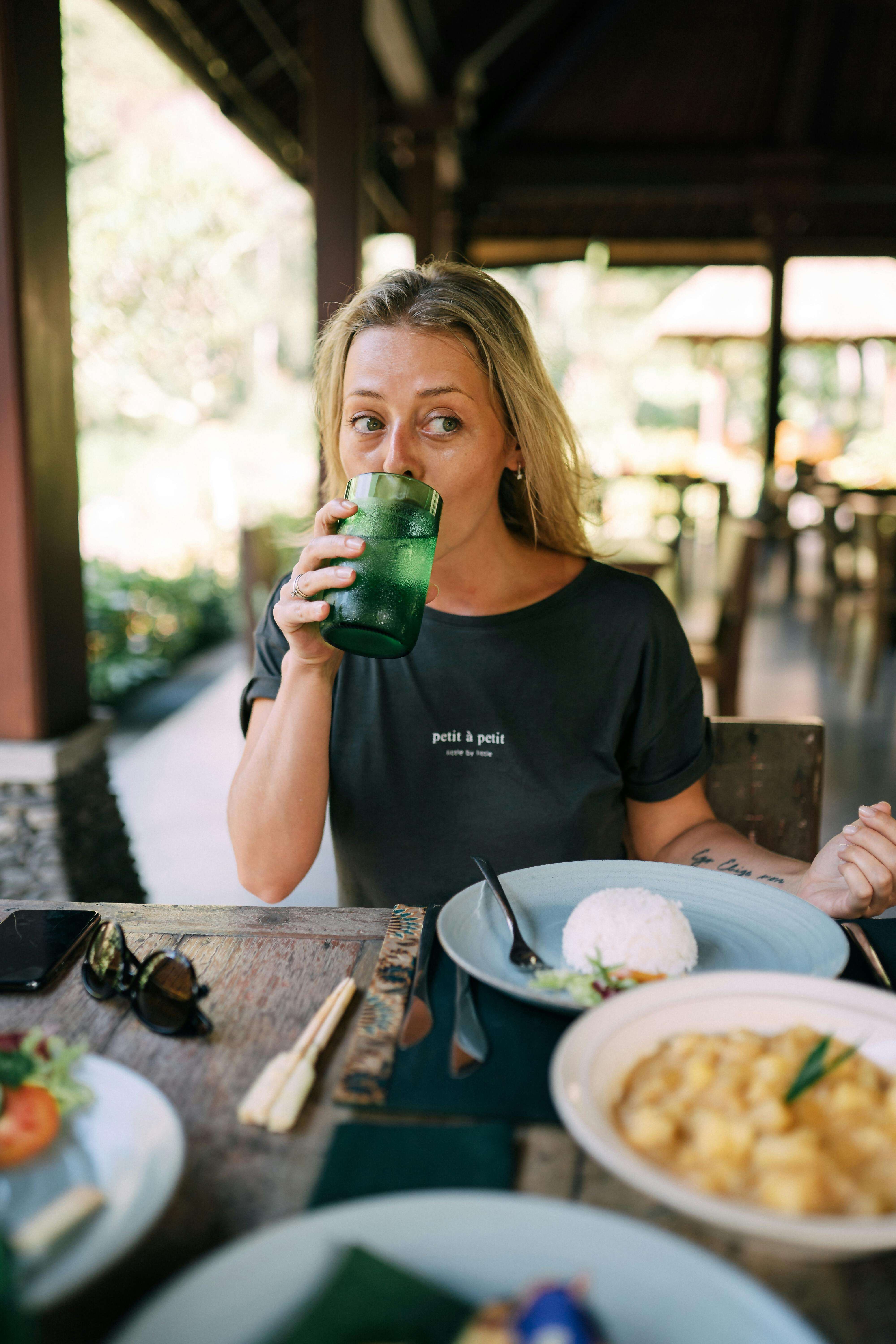Plan Your Best Trip Ever!
"Bushy Park"

Embarking on a journey to an all-inclusive resort in the Caribbean is an enticing prospect for many travelers seeking a blend of relaxation, adventure, and cultural immersion. Interestingly, recent studies reveal that nearly 80% of travelers who visit Caribbean resorts do so for leisure and wellness purposes, valuing the convenience and comfort of all-inclusive packages. When you add the layer of managing food allergies into this equation, it becomes even more vital to plan meticulously to ensure a safe and enjoyable experience. The Caribbean’s reputation as a premier destination for sun, sand, and sea is complemented by its diverse culinary landscape, which can sometimes pose challenges for travelers with dietary restrictions. However, with proper preparation and guidance, enjoying the Caribbean’s vibrant hospitality while adhering to food allergy needs is entirely achievable.
The Caribbean region comprises over 700 islands, islets, reefs, and cays scattered across the Caribbean Sea. This diverse collection of territories spans several countries and cultures, including popular destinations such as the Bahamas, Jamaica, the Dominican Republic, Puerto Rico, Aruba, Barbados, and St. Lucia. The demographic makeup of the Caribbean is equally varied, with populations ranging from indigenous peoples and descendants of African slaves to immigrants from Europe, Asia, and the Middle East. This multicultural tapestry influences the local cuisines—often rich in seafood, tropical fruits, and spices—making dining experiences both exciting and complex for travelers with food allergies.
One compelling fact about traveling with food allergies in the Caribbean is that although many resorts and hotels have adopted strict food safety protocols, the level of allergen awareness can vary significantly from one property to another. The region's culinary traditions often involve ingredients such as tree nuts in desserts, shellfish in seafood dishes, or certain spices that may be cross-contaminated during food preparation. Therefore, travelers with allergies need to communicate their dietary restrictions clearly and early in their planning process. Many resorts now offer allergen-free menus and staff trained in food safety, but it’s essential to verify these services before booking.
The Caribbean’s climate—tropical and humid—also influences its food offerings. Fresh seafood like lobster, shrimp, and fish are staples, often prepared with local herbs and spices. Tropical fruits such as mango, papaya, pineapple, and guava feature prominently in local dishes and beverages. While these ingredients are delightful, they may also pose allergen risks or cross-contact issues. Resorts that prioritize guest safety will often have dedicated kitchens or allergy-friendly meal options. The key is proactive communication: informing the resort about your allergies well in advance allows them to prepare appropriately and minimize risks.
Considering demographics, it’s worth noting that many Caribbean islands are popular with families, honeymooners, solo travelers, and groups seeking adventure or relaxation. The typical age range is broad—families with children, middle-aged couples, retirees—all of whom may have specific dietary needs. Many resorts cater specifically to these diverse groups by providing tailored amenities including allergy-aware dining options, kids’ menus free from common allergens, and dedicated staff members trained in food safety protocols. Additionally, some islands have specialized medical facilities and nearby pharmacies equipped to handle allergic reactions if needed, adding an extra layer of reassurance for travelers.
For travelers with food allergies contemplating an all-inclusive Caribbean vacation, one of the most reassuring aspects is the shift towards more inclusive and allergy-sensitive hospitality. Many high-end resorts now include allergen-free options as part of their standard meal plans. These resorts often employ certified chefs who work closely with guests to develop personalized menus that respect their dietary restrictions. Furthermore, some resorts participate in international allergen certification programs or have staff trained specifically in allergy management. Nonetheless, it’s essential to do thorough research—reading reviews and consulting directly with resort management—to confirm their commitment to allergy safety.
When planning your trip, consider destinations renowned for their hospitality and allergy awareness. For instance, the Dominican Republic has numerous resorts with excellent allergy protocols; Jamaica offers many family-friendly all-inclusives that accommodate food restrictions; Aruba and Barbados are celebrated for their multilingual staff and international cuisines that can adapt to dietary needs; and Saint Lucia boasts luxury resorts with dedicated kitchens for special diets. Many resorts also provide detailed menus online or upon request—making it easier for travelers to plan ahead.
Traveling with food allergies in the Caribbean does require some extra preparation. Essential tips include:
With these measures in place, you can enjoy all that the Caribbean has to offer—from pristine beaches and vibrant coral reefs to lively cultural festivals—without compromising your health or comfort. The region's warm hospitality combined with modern allergy management practices makes it a feasible and rewarding destination for travelers with food allergies.
At Henry Nicholson, we understand that traveling with food allergies requires careful planning and personalized support. Our experienced team can help you select the perfect resort that aligns with your dietary needs and ensure your Caribbean getaway is safe, stress-free, and unforgettable. Whether you’re seeking a romantic escape in Barbados or a family adventure in Jamaica, let us handle the details so you can focus on creating lifelong memories.
"Bushy Park"
 Henry Nicholson
Henry Nicholson
Sign up for our newsletter to learn about the latest product news and deals. Also receive exclusive offers, contest details and giveaways.